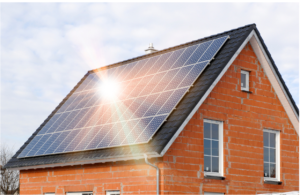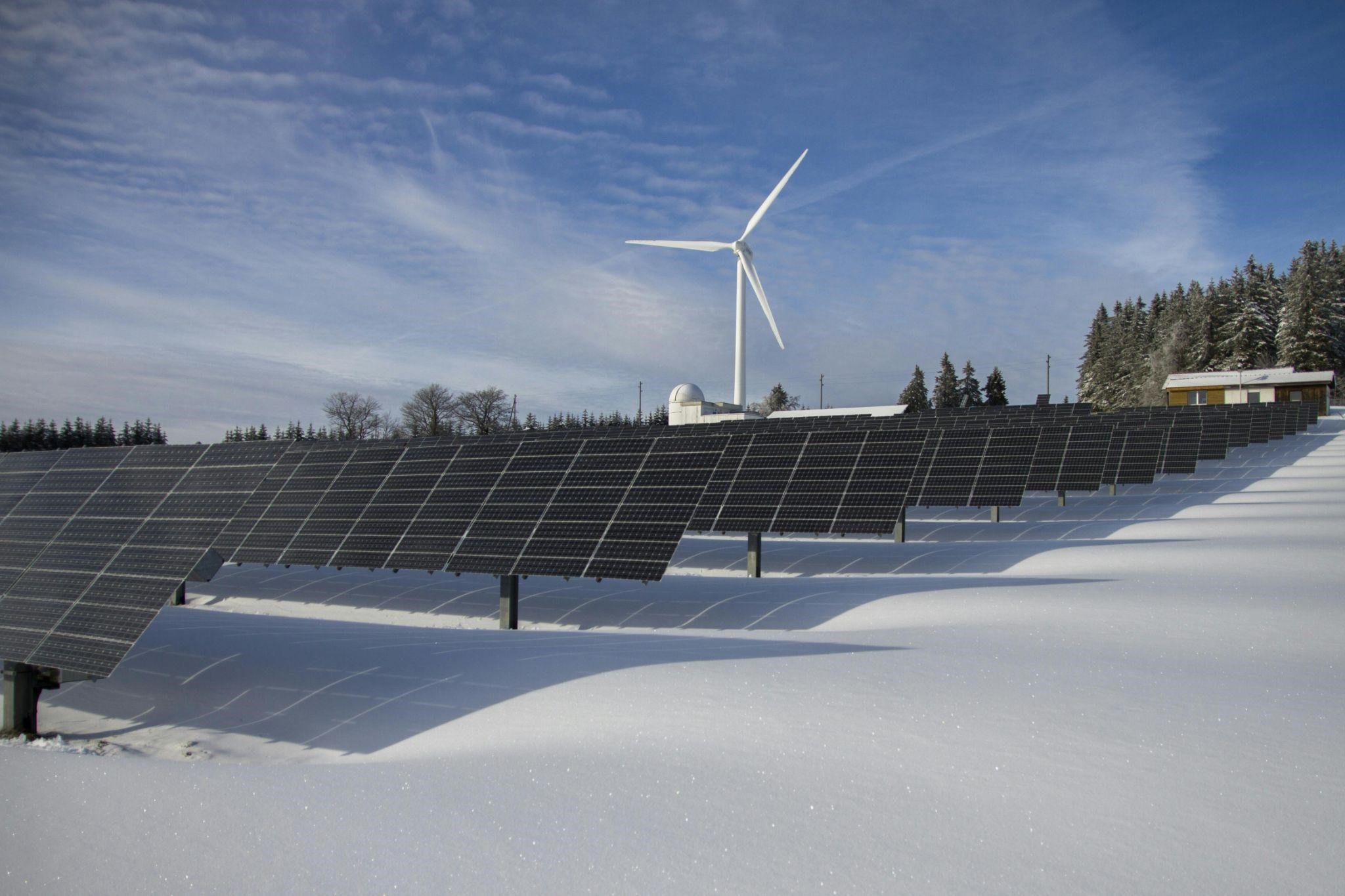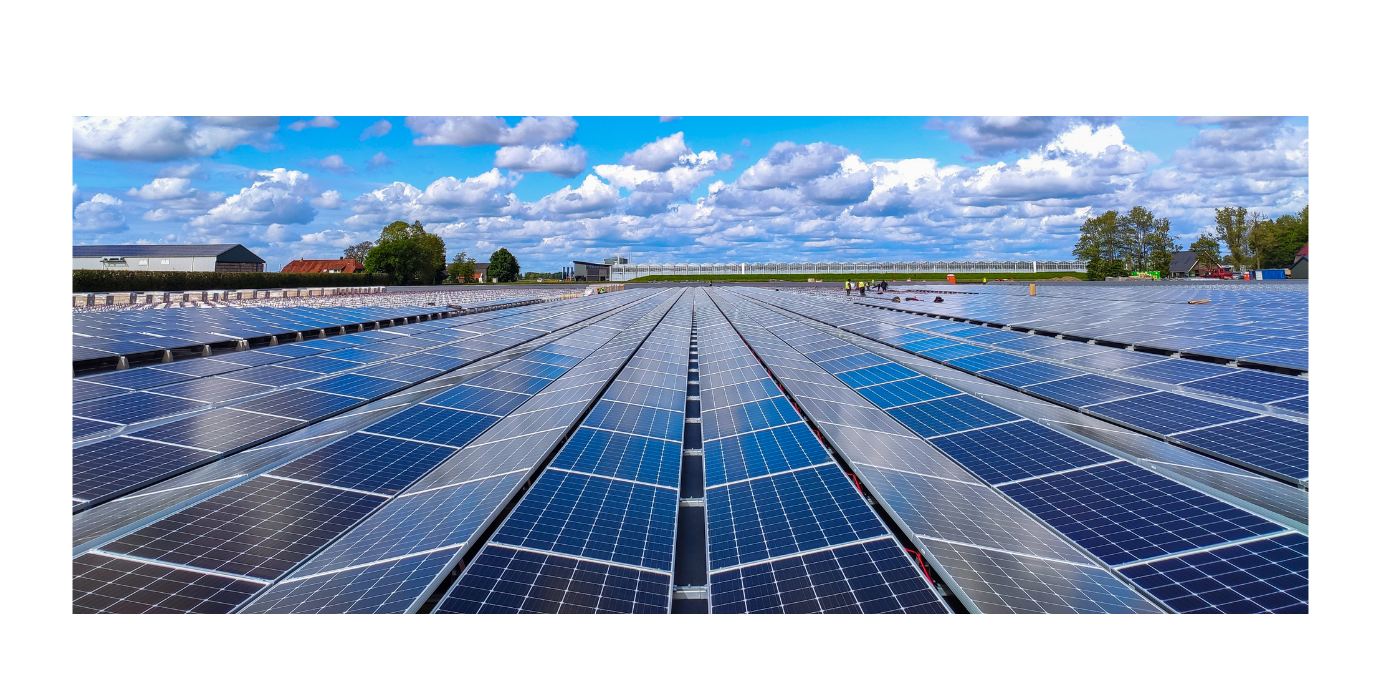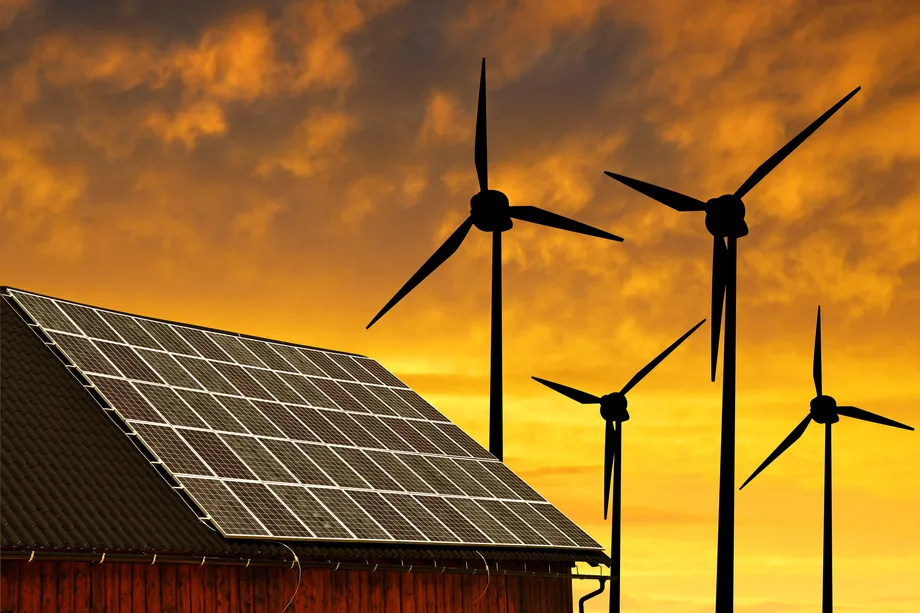As the effects of climate change become increasingly apparent, finding sustainable solutions to reduce our environmental impact has never been more urgent. One of the most promising avenues for a cleaner future is solar energy adaptation. This approach not only helps mitigate the consequences of climate change but also offers numerous benefits to individuals and communities. In this blog post, we’ll explore five compelling reasons to embrace solar energy adaptation now.
1. Reducing Carbon Footprint with Solar Energy Adaptation
One of the most significant advantages of solar energy adaptation is its potential to reduce carbon emissions. Traditional energy sources, such as coal and natural gas, release a substantial amount of greenhouse gases into the atmosphere. These emissions contribute to global warming and exacerbate the effects of climate change. In contrast, solar energy is a clean and renewable source that produces no direct emissions during operation. By transitioning to solar power, individuals and businesses can significantly lower their carbon footprint, contributing to a healthier planet for future generations.

2. Cost Savings Through Solar Energy Adaptation
While the initial investment in solar panels and installation can be considerable, solar energy adaptation often leads to long-term cost savings. Once installed, solar panels require minimal maintenance and have a lifespan of 25 to 30 years or more. This longevity means that the cost of electricity over time becomes much lower compared to traditional energy sources. Additionally, many governments offer incentives, tax credits, and rebates to encourage the adoption of solar energy. These financial benefits can help offset the initial costs, making solar energy adaptation an economically viable choice for many households and businesses.
3. Enhancing Energy Independence with Solar Energy Adaptation
Relying on imported fossil fuels can make countries vulnerable to supply disruptions and price fluctuations. Solar energy adaptation offers a path to greater energy independence. By harnessing the power of the sun, countries can reduce their reliance on foreign energy sources and increase their self-sufficiency. This shift not only bolsters national security but also provides economic stability by insulating consumers from volatile energy markets. For individuals, generating their own electricity through solar panels means less dependence on utility companies and protection against rising energy prices.

4. Boosting Local Economies and Job Creation
Solar energy adaptation is not just a win for the environment; it’s also a boon for the economy. The solar industry is a rapidly growing sector that creates jobs across various fields, from manufacturing and installation to sales and maintenance. By investing in solar energy projects, communities can stimulate local economies and provide employment opportunities. Moreover, the growth of the solar industry can lead to technological advancements and innovations, further driving economic growth and sustainability.
5. Improving Energy Reliability and Resilience
As extreme weather events become more frequent due to climate change, the reliability of traditional power grids is increasingly under threat. Solar energy adaptation can enhance energy reliability and resilience. Solar panels can be paired with battery storage systems, allowing for the accumulation of excess energy that can be used during power outages or peak demand times. This capability ensures a steady supply of electricity even when the grid is compromised. Additionally, distributed solar systems, where solar panels are installed on multiple buildings or locations, reduce the risk of widespread outages, providing a more resilient energy infrastructure.

Conclusion: The Time for Solar Energy Adaptation is Now
The transition to solar energy adaptation is a crucial step in addressing the challenges of climate change and securing a sustainable future. The benefits are clear: reduced carbon emissions, cost savings, energy independence, economic growth, and improved energy reliability. As technology advances and the cost of solar panels continues to decrease, the barriers to adopting solar energy are steadily diminishing. Whether you’re a homeowner looking to lower your utility bills or a business aiming to reduce your carbon footprint, embracing solar energy adaptation now is a wise and forward-thinking decision. It’s an investment in a cleaner, greener, and more resilient future for all.







